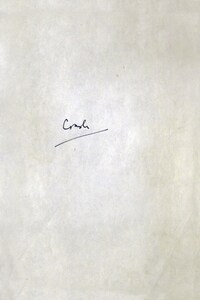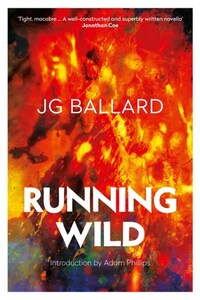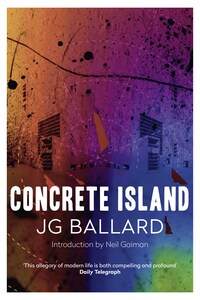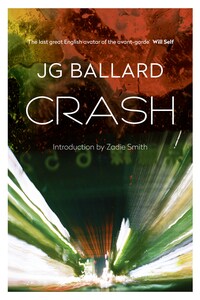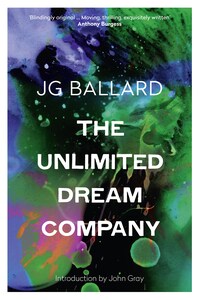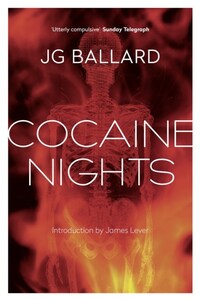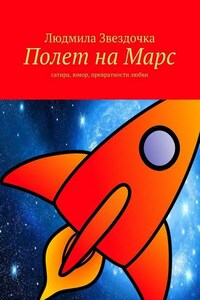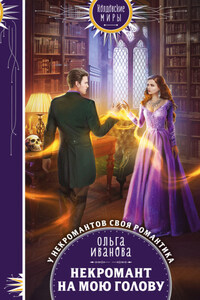Extreme Metaphors
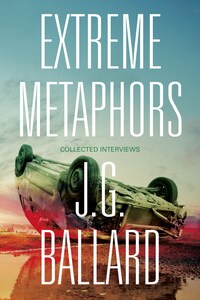
J.G. Ballard was a literary giant. His novels were unique and surprising. To the journalists and admirers who sought him out, Ballard was the ‘seer of Shepperton’; his home the vantage from which he observed the rising suburban tide, part of a changing society captured and second-guessed so plausibly in his fiction.Such acuity was not exclusive to his novels and, as this book reminds us, Ballard’s restive intelligence sharpened itself in dialogue. He entertained many with insights into the world as he saw it, and speculated, often correctly, about its future. Some of these observations earned Ballard an oracular reputation, and continue to yield an uncannily accurate commentary today.Now, for the first time, ‘Extreme Metaphors’ collects the finest interviews of his career. Conversations with cultural figureheads such as Will Self, Jon Savage, Iain Sinclair and John Gray, and collaborators like David Cronenberg, are a reminder of his wit and humanity, testament to Ballard’s profound worldliness as much as his otherworldly imagination. This collection is an indispensable tribute to one of recent history’s most incisive and original thinkers.
